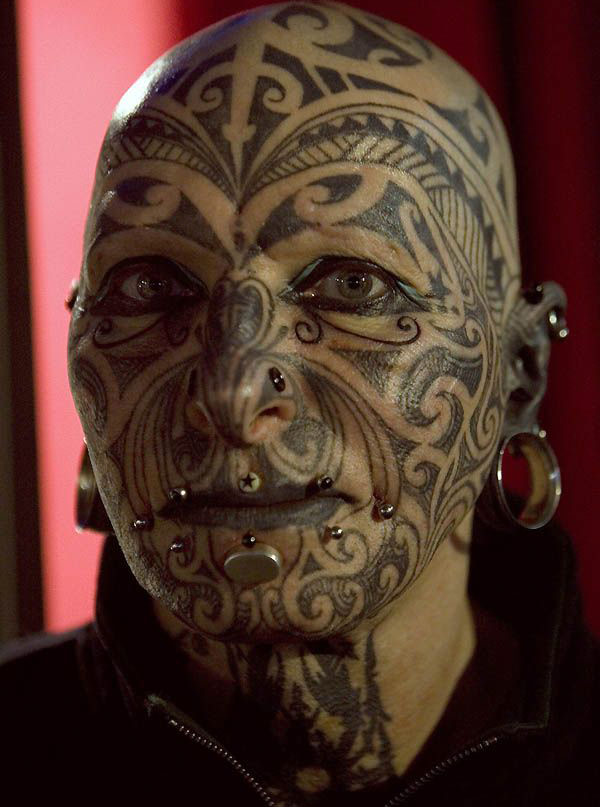
Alabama
Parents often give a firm “no” when their teens ask for Tattoos or body modifications such as body piercings; however, pediatricians advise parents to open up a dialogue regarding body modification with teens. State regulations differ. Some require written parental consent forms, while others mandate physical presence during a tattooing session. Alabama law stipulates that minors under 18 must receive written parental permission before getting tattoos or body piercings; however, local regulations can vary significantly. Talk with your teen about their decision for a tattoo or piercing and share your opinion, ensuring the establishment is licensed and adheres to proper sanitation protocols. Some tattoo parlors require clients to present an ID before getting inked to help the artist verify age and identity for everyone’s safety and well-being.
Arizona
Arizona allows teens with parental permission to get tattoos, with or without parental notarized consent. However, they must first provide written notarized permission and follow state health and safety regulations for this procedure. The procedure itself will then occur. Teens should carefully consider the risks of Tattoos and piercings before getting them, including costs and difficulties associated with removal. They should also think about whether a tattoo will impact future employment prospects. Conversate with your teen, listen to their ideas, and ensure they understand the significance of appropriate aftercare measures to avoid infections.
Arkansas
Arkansas law prohibits tattooing or body piercing on minors without their parents’ approval, except for covering an existing obscene tattoo. Any violation is considered a misdemeanor; anyone found breaking it could be fined or arrested. Tattoo and Piercing Laws in Arkansas require written parental consent and the physical presence of either their legal guardian during the procedure. Furthermore, they must present valid ID to show to their tattoo artist. If your teenager wants a tattoo, talk to them about its risks and provide alternatives such as henna tattoos as options.
New Mexico
New Mexico state law does not permit minors under 18 to receive Tattoos or piercings without prior written, notarized consent and physical presence from their parent or guardian during the procedure. Without appropriate support, it is a misdemeanor for individuals or parlors to tattoo or pierce such minors without proper documentation. Parents should speak to the artist beforehand about their experience and hygiene practices. Inquire whether their shop has an active license. Furthermore, ask where their supplies come from, as this will ensure sterile needles and equipment.
North Dakota
North Dakota law states that individuals aged 18 or over may get tattoos or piercings; however, there may be exceptions: Parents can give written consent for minors under their supervision to perform these procedures as long as the parent is present. Tattoo and body piercing establishments must also obtain a license through the Cosmetology, Electrology, Esthetics, Nail Technology, and Body Art Practice Act to comply with proper procedures, including ensuring all equipment and surfaces are sanitized accordingly. North Dakota law is relatively relaxed regarding tattooing; many tattoo shops do not discriminate against people under 18, yet it is always best to check with the shop before visiting.
Ohio
Ohio allows 14-year-olds to receive genital Tattoos and piercings with written parental permission as long as the procedure occurs in their presence. Teens need to understand the risks of body art before deciding since their preferences often shift as they develop; regretful Tattoos or piercings could arise later in life. Parents should inquire into the safety procedures at a tattoo parlor before their child gets tattooed or pierced, ensuring the establishment is clean, that practitioners wash their hands after each customer, and that they should use sterile gloves and disposable needles for piercings.

